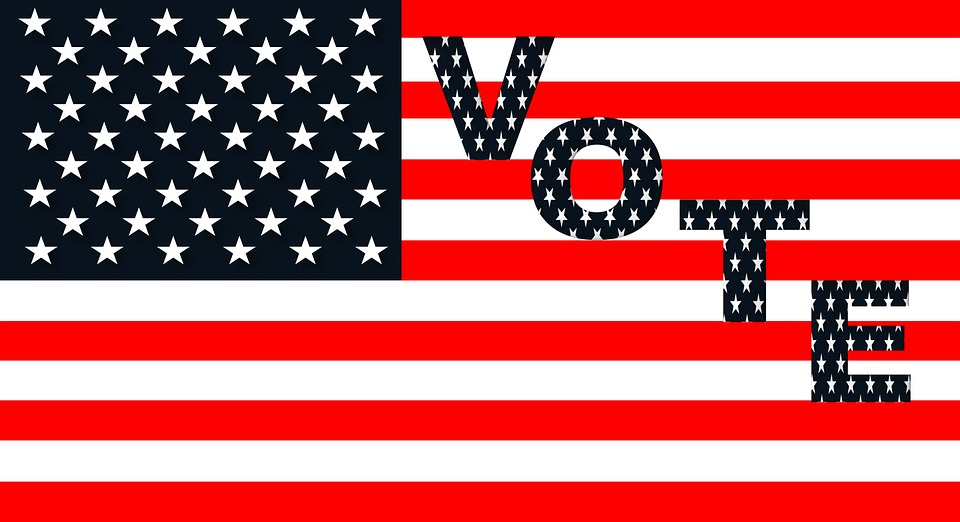It’s 2016. That means the most grueling election season since at least 2008 — and probably much earlier. For political junkies, this is like the World Cup, Olympics and NFL playoffs combined. For the sane, it’s probably somewhere on the spectrum of waterboarding, reality television and an economics lecture.
Throughout the semester, you’ll see a variety of opinions on presidential candidates, their platforms and the issues important to Americans in 2016. Every Monday, I will write an “Election Update” column highlighting and breaking down some critical moments in the primaries. Other columnists will approach the election from their own angles so The Diamondback can feature a full spectrum of political opinions.
It might seem overwhelming.
When comedians, news programs and that annoying kid (me) on Twitter are all discussing “Election 2016” just about 24/7, it’s easy to tune it all out. We often would rather not hear about what some excitable pundit has to say about Iowa, what comb Donald Trump uses or the number of songs Martin O’Malley can sing.
We get election fatigue and tune out current events. We fail to do research on key political issues and don’t obtain a basic understanding of these issues. We don’t make an effort to see multiple perspectives. Thus, we miss opportunities to identify real political topics that should matter to us.
With our incomplete — or nonexistent — understanding and prioritization of the issues, we are unable to nominate and support candidates who can solve problems the way we’d prefer. As such, we forego our political education and remove ourselves from the political process — or perhaps worse, we make uneducated voting or political decisions. In essence, we destroy our own democratic voice and damage the fundamental structure of our republic.
This is incredibly dangerous.
As citizens in a democratic republic, we are supposed to be the ones forming educated opinions on the role of government and government policy at all levels. We are supposed to be the ones selecting qualified leaders who can pursue the policies we desire.
But if we’re just checking boxes and not voting, we are weakening democracy — and relying a smaller voter base, a smaller politically educated class, to make all the decisions.
Today, we live in the information and technology age in which an incomprehensible amount of data and opinions are accessible in seconds. We are able to communicate instantaneously with people around the country — and the world. Millennials are at the forefront of this new era, with our array of phones, computers and apps. We could easily educate ourselves and our neighbors and inspire political movements and ideologies far more rapidly than previous generations.
But we don’t.
We fail to use this information to better our government. We don’t educate ourselves on the issues, leaders, or even the very structure of government. We don’t vote at the same rate as our elders. We might claim to want to “make a difference,” but we can’t even bother to vote, much less cast an educated one.
Millennials let older generations pursue policies that may be damaging to them because they don’t make their voices heard or don’t put effort into understanding said policies. We can’t blame the “1 percent” for that — the vote you cast is equal to the vote of Donald Trump or Michael Bloomberg.
So when you see those columns next week, don’t roll your eyes and avoid them. Instead, read them and use them as a starting point for enhancing your political beliefs. Gather information, weigh perspectives, consider what matters to you and then form your opinion on an issue. Prioritize those issues that matter most. Look up a candidate’s platform, experience and political history.
Once you’ve done these things, you should be able to reasonably defend your choices in both political opinion and candidate. Then go participate in the political process: petitioning, protesting, campaigning and voting are just some of the ways you can start. Take back your democracy from apathy.
Matt Dragonette, opinion editor, is a senior accounting and government major. He can be reached at mdragonettedbk@gmail.com.



